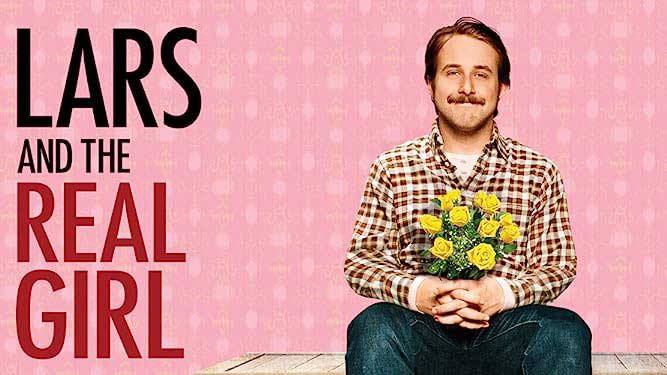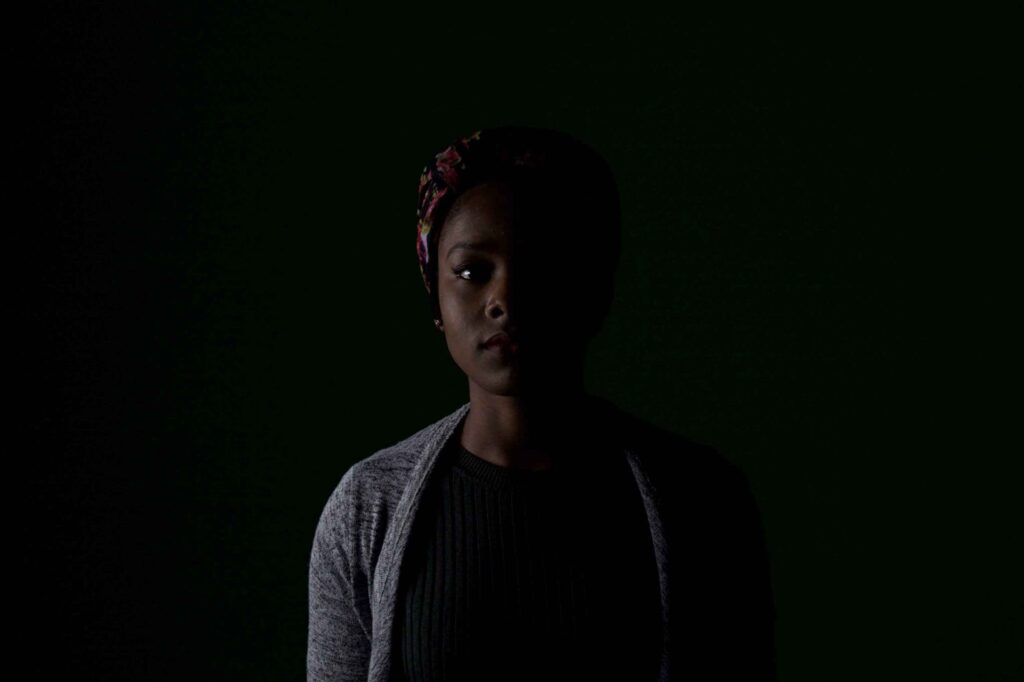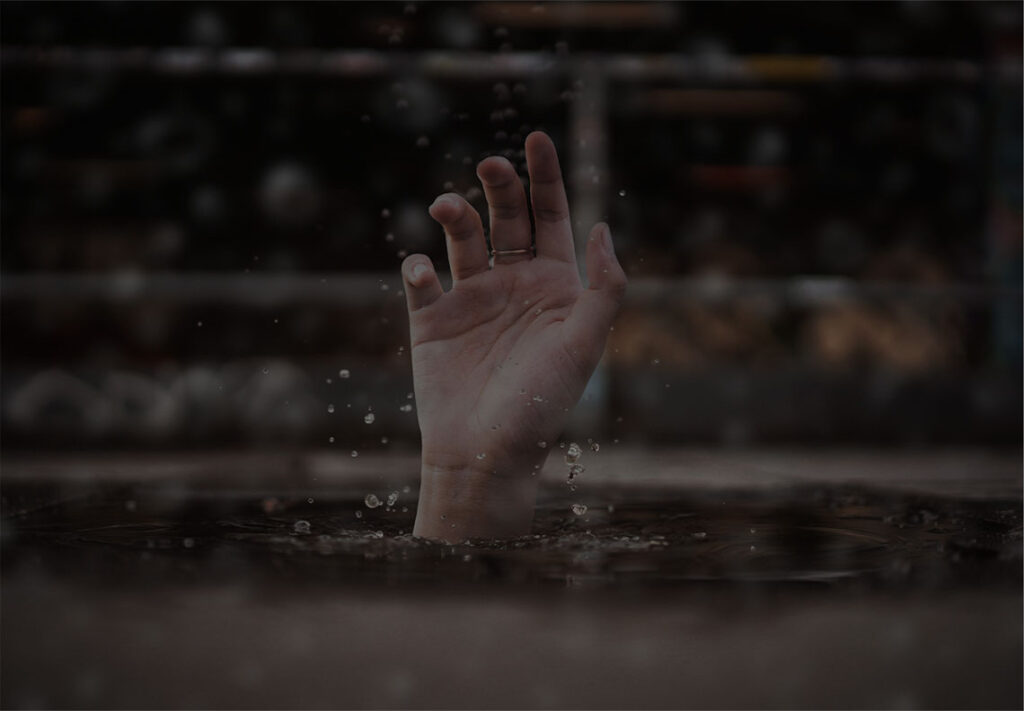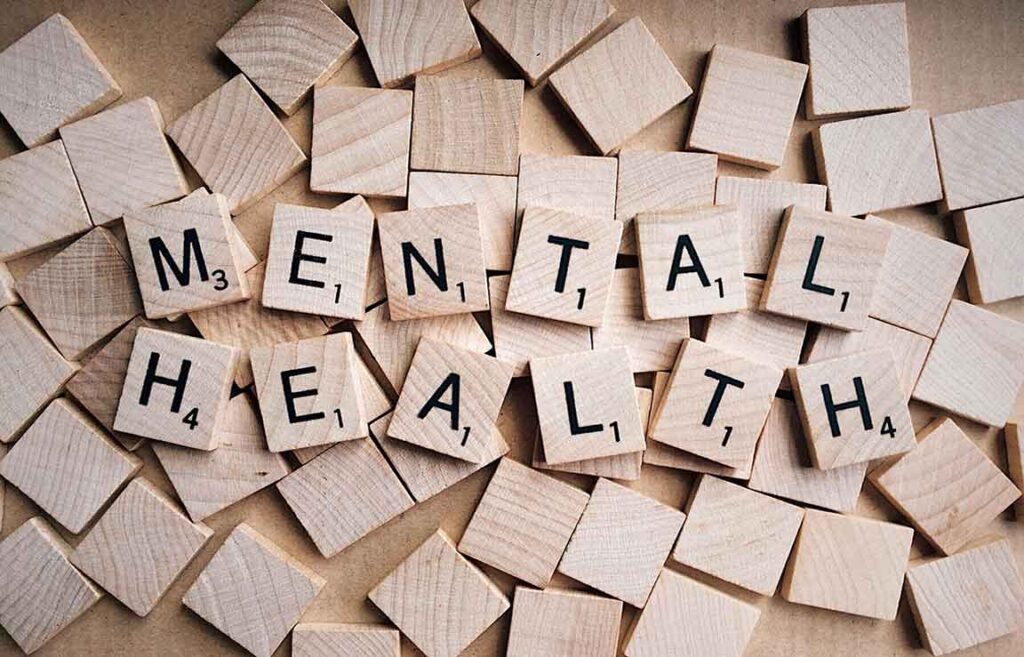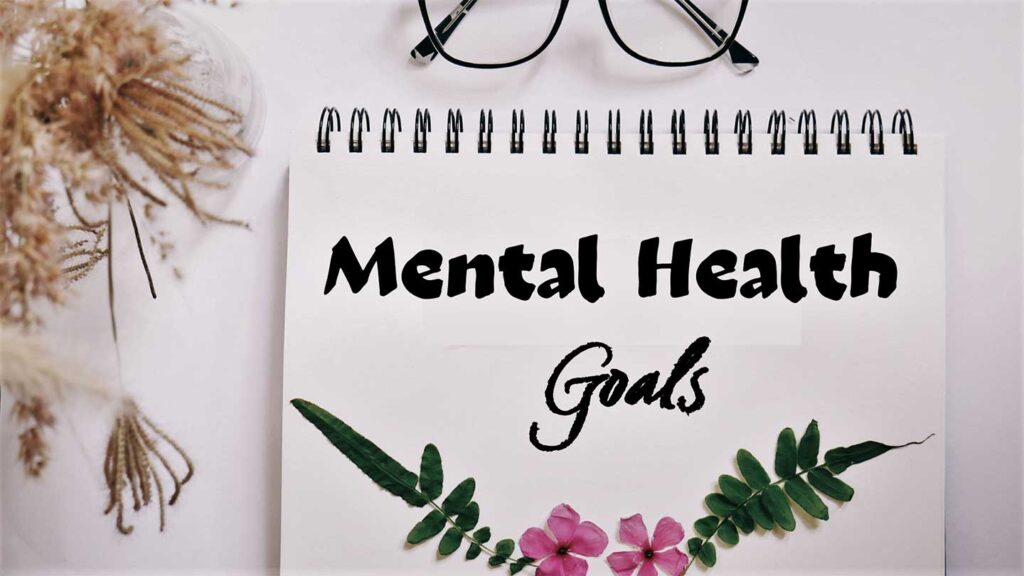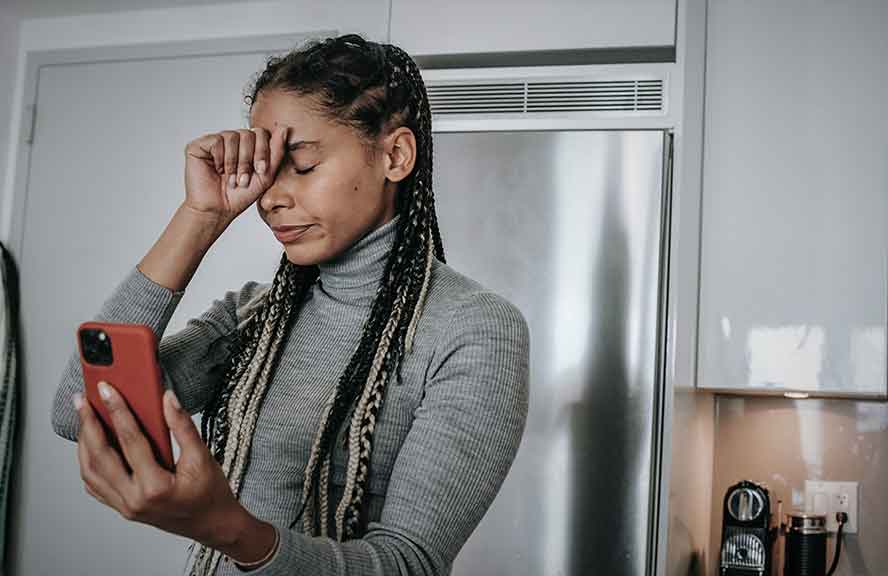Recently, I had the opportunity to watch the movie “Lars and the Real Girl”. Despite its release back in 2007, I found myself captivated by its compelling storyline.
The film explores the life of Lars Lindstrom, a socially awkward young man who forms an unconventional bond with a lifelike doll named Bianca. It raises thought-provoking questions about how we, as a society, respond to individuals with psychological or neurological conditions.
Lars and the Real Girl
In the movie, Lars introduces Bianca to his family and friends, treating her as a real person and engaging in everyday activities as if they were a couple.
Throughout the film, we witness the unique dynamics that unfold as Lars’s community responds to his unusual relationship. Instead of dismissing or ridiculing Lars, the townspeople embrace his delusion. Thus, they treat Bianca as if she were a living person. Lars’s doctor also plays a crucial role in supporting him. Additionally, she understands his mental condition and recognizes the significance of Bianca in his emotional healing process.
The remarkable aspect of the movie lies in the unwavering support and acceptance that Lars receives from his community. Their genuine care for his well-being shines through as they play along with his delusion. Understanding that it is a coping mechanism for Lars’s psychological needs, they demonstrate empathy and support.
This compassionate approach challenges our conventional understanding of reality and invites us to reflect on how we perceive and support individuals with psychological or neurological conditions.
Reflecting on the Thought-Provoking Question of the Movie
How we would react if Lars were part of our community? Would we play along with his delusion, acknowledging Bianca as a person, or would we criticize his “strange” behaviour, highlighting the fact that Bianca is merely a doll?
It’s a touching question that challenges us to consider the importance of empathy and understanding. “Lars and the Real Girl” demonstrates how vital a supportive community can be in the journey of someone facing mental health conditions. Instead of rejecting Lars or mocking his relationship with Bianca, the townspeople rally around him, accepting his delusion and treating Bianca with respect.
Imagine if such a scenario were to occur within a typical African community. Can you envision the potential treatment and the derogatory names he might be subjected to? However, instead of dwelling on those aspects, let us shift our focus towards learning how to cultivate kindness and support for individuals with mental health conditions.
 Subscribe to my email newsletter to get a free mental health goal worksheet
Subscribe to my email newsletter to get a free mental health goal worksheet
Profound Lessons from the movie
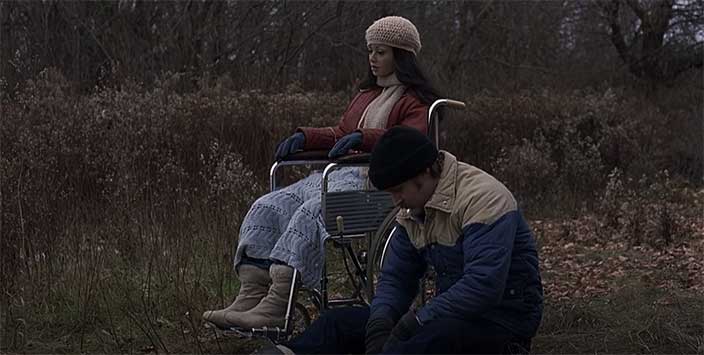
Reflecting on this movie, I’ve come to realize several valuable lessons:
Having A Supportive Community Is Crucial for Recovery from Mental Health Conditions.
A supportive community offers empathy, validation, and a sense of belonging, which can significantly impact one’s well-being. More importantly, this support can come from family, friends, support groups, mental health professionals, or online communities.
Lars’s community provides a safe and non-judgmental space where he can express himself without fear of rejection. Their support becomes a cornerstone of his healing process.
We All Have Someone Who Genuinely Cares for Us; We Just Need to Open Our Hearts to See Them.
It’s common for us to experience moments when we may feel unloved or believe that nobody cares about us. However, the truth is that there is always someone who genuinely does, even if they are not a family member or a close friend. They may be someone who cares from a distance.
It is essential for us to learn to open our hearts, embracing the love that is available, and to recognize and appreciate those individuals who sincerely care for us.
In the film, Lars discovers the love and care that have always surrounded him but were often overshadowed by his own struggles. It reminds us to cherish and nurture the connections we have.
Disregarding Someone’s Feelings Doesn’t Help Them Get Better; Understanding and Acceptance Do.
Disregarding someone’s feelings does not contribute to their improvement or well-being.
In the case of Lars, the townspeople demonstrated a different approach. Instead of dismissing his delusion, they chose to engage with him and honor his emotions.
This compassionate response fostered a profound sense of belonging, creating an environment conducive to personal growth and healing. It serves as a powerful reminder that understanding and acceptance are instrumental in supporting individuals on their journey to better mental health.
Patience and Understanding Can Go a Long Way in Supporting Others.
Patience allows for personal growth and healing to occur at their own pace, while understanding promotes acceptance and non-judgment. Together, patience and understanding form a foundation of support that can positively impact the well-being of others, fostering resilience, and strengthening relationships.
The movie emphasizes the power of patience and understanding in our interactions with individuals facing mental health challenges. These qualities enable us to build bridges and foster a supportive environment.
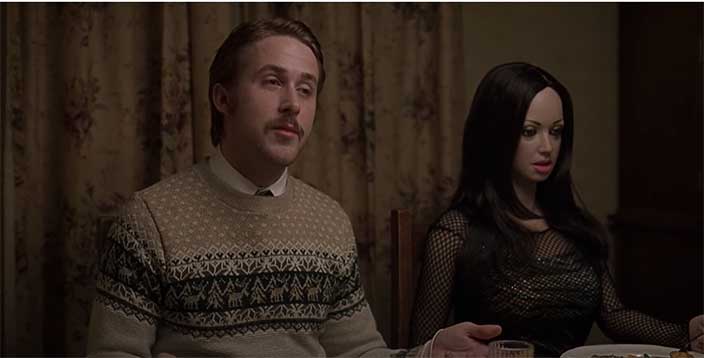
conclusion
As I reflect on the movie “Lars and the Real Girl,” I’m amazed by the idea of a world where individuals with psychological and neurological conditions are treated with the same compassion and acceptance as Lars’s community. In envisioning such a world, it becomes evident that empathy and understanding can truly transform lives
Let us be inspired by Lars’s story and take steps towards creating a more compassionate world—one where understanding, acceptance, and community support are the foundations upon which we build our interactions with others.
Have you watched the movie? What are your thoughts about it?
RECOMMENDATION
If you need help or know someone who needs help with their mental health or mental illness, check out the resource page for mental health resources.

